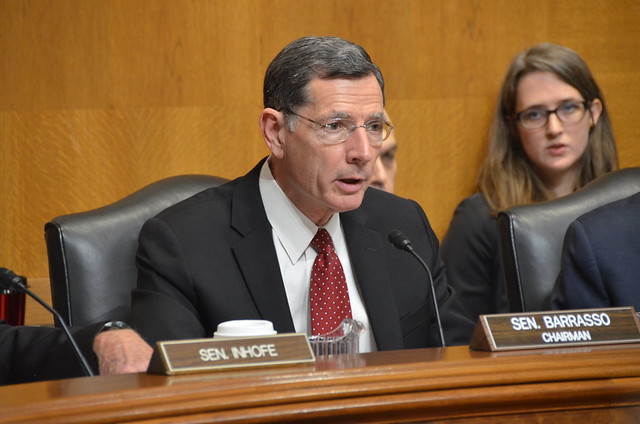
RadWaste Monitor Vol. 13 No. 32
Visit Archives | Return to Issue PDF
Visit Archives | Return to Issue PDF
RadWaste & Materials Monitor
Article 1 of 10
August 07, 2020
Barrasso Wants Advanced Nuclear Fuel, DOE Reports on Rad Waste Costs

Pending legislation from Sen. John Barrasso (R-Wyo.) would require the Department of Energy to each year account for continuing and anticipated costs for management of the nation’s growing inventory of radioactive waste.
The American Nuclear Infrastructure Act…
Partner Content